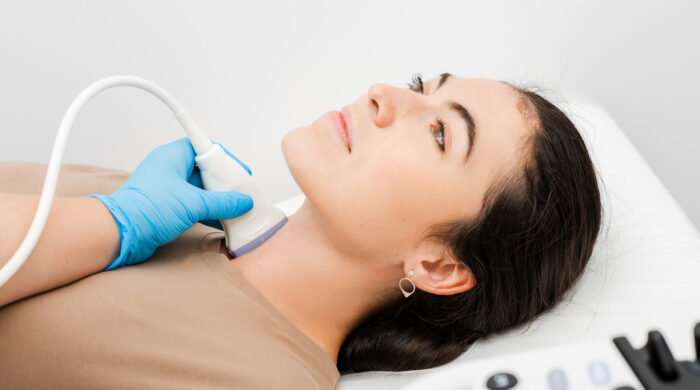If you’re in need of an ultrasound, Western Washington Medical Group’s Imaging Center is available to serve you!
Though it’s common to think of a pregnant woman when we think of an ultrasound, the test is actually used for a number of diagnostic purposes.
In this post, we’ll explore why patients may need an ultrasound; what the procedure can reveal; how it works and how much it costs. We’ll also share detailed info about our Imaging Center if you or a loved one would like to schedule an ultrasound.
Why would someone need an ultrasound, and what can the test reveal?
There are many reasons why your healthcare provider may recommend getting an ultrasound (also known as a sonogram). Ultrasounds can detect irregularities such as:
- tumors
- growths and cysts
- kidney stones and gallstones
- aneurysms
- enlarged veins
- enlarged spleen
- blood clots
- ectopic pregnancies
- thyroid conditions
- uterine fibroids, and
- infections
Here are some types of Ultrasounds offered at our Imaging Center
Abdominal ultrasounds can be used to determine various causes of abdominal pain.
Kidney ultrasounds help determine the size and shape of your kidneys and identify obstructions, growths and infections.
Pelvic ultrasounds check for abnormalities in pelvic organs such as the rectum, vagina, prostate, etc.
Pregnancy ultrasounds can estimate the age of the fetus; monitor fetal growth; watch the movements of the unborn baby; check amniotic fluid amounts; monitor fetus heart rate and help determine the gender of the baby.
Thyroid ultrasounds measure the size of your thyroid and examine the gland for nodules.
After an ultrasound is performed, the results are interpreted by a radiologist to determine a diagnosis. If surgery is recommended, ultrasounds give healthcare providers a precise view of where they need to draw fluid or tissue from in muscles, tendons, joints, etc. so the provider’s needle can be guided to precisely the right spot during the surgical procedure.
How does an Ultrasound work?
Ultrasounds are non-invasive tests that use high-intensity sound waves to show structures within the body through still pictures and videos. They are painless and don’t use radiation like X-rays do.
At the time of the test, the sonographer will cover the area of the body to be surveyed with a clear gel to facilitate the transmission of the sound waves. They’ll do this using a wand to slowly move over the targeted area. The sound waves recorded convert into electrical signals, which are displayed on a computer screen in real time. The entire process usually takes anywhere from 30 – 90 minutes. The ultrasound images are then interpreted by a radiologist or healthcare provider for an official diagnosis.
What is the typical cost of an Ultrasound?
The cost of an ultrasound depends on a variety of factors. The standard range is $400 – $1000, but a portion of those costs may be covered by insurance, depending on the reason for the procedure. Contact your insurance company to learn what is covered under your specific plan.
How to Schedule an Ultrasound
To schedule an ultrasound, contact the WWMG Imaging Center through our website or call (425) 263-8980.
WWMG’s Imaging Center and is staffed by healthcare professionals dedicated to providing caring, compassionate service to each and every patient.
Location:
3822 Colby Avenue, Suite 100
Everett, WA 98201
If you have general questions, or would like to schedule an ultrasound, contact our Imaging Center today at (425) 263-8980.
